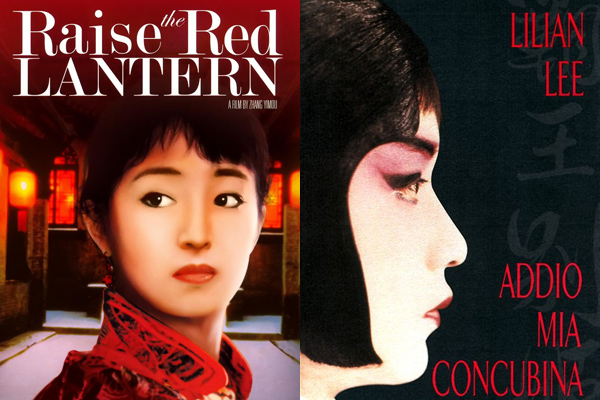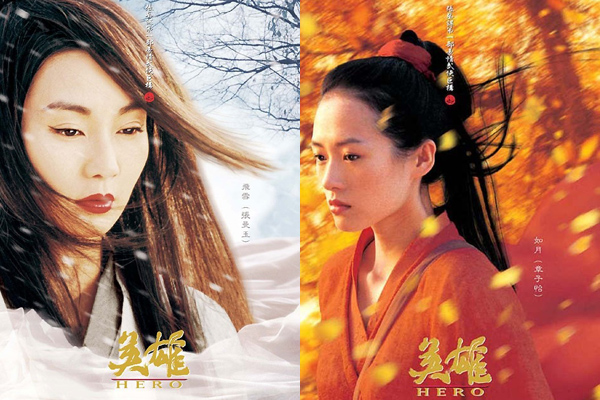 |
|
A scene from Wolf Warrior 2 [Photo/Mtime] |
Chinese film phenomenon Wolf Warrior 2 was selected as the Chinese entry for the Best Foreign Language Film category at the 90th Academy Awards this month.
As a commercial blockbuster, Wolf Warrior 2 achieved huge success both at the box office and in public praise. More importantly, it redefined China’s entry for Oscar awards.
Some people are excited to see Wolf Warrior 2 flying the flag for China in an Oscar bid, while others think otherwise.
Wolf Warrior 2 received praise for its patriotic plot, action sequences and the cast's performances but was criticized for excessive attention to visual effects and a plot short of “themes”.
 |
|
Posters of Raise the Red Lantern (left) and Farewell My Concubine [Photo/Mtime] |
Only four Chinese films have been officially nominated for the Best Foreign Language Film, despite submissions each year since 1979. The four are Ju Dou, Raise the Red Lantern and Hero, directed by Zhang Yimou, and Farewell My Concubine, by Chen Kaige.
Meanwhile, other films have found awards success, outside the Oscars. Red Sorghum won the coveted Golden Bear at the 1988 Berlin Film Festival; To Live won the Prize of the Ecumenical Jury, Best Actor and Grand Prix at the 47th Cannes Film Festival; The Story of Qiu Ju won the Golden Lion award at the Venice Film Festival in 1992.
Those films may have different directors, plots and performances, but they all boast a strong artistic atmosphere and memorable moments.
They are referred to as “literary films”.
 |
|
Poster of Hero [Photo/Mtime] |
At that time, literary films seemed to win the favor of western film festival juries and occupy a huge market share in the Chinese mainland. Indeed, the twenty years from 1985 to 2005 represent the golden period for Chinese literary films and make the world better understand Chinese film as an art form.
However, a vicious circle began to make inroads on the film industry in China.
Quite a few directors paid too much attention to producing literary films, despite public response and box office failure. And in many research centers and institutions of higher learning, teachers have advocated the French New Wave while looking down on commercial films.
“At that time, young people would rather watch Hong Kong comedies and costume films through renting VCDs at home than support ongoing art films at the theaters,” says Wang Yichuan, director of the School of Arts at Peking University.
“The film industry in the Chinese mainland was out of line with the general public at that time. Movies should play the role of enriching people’s daily lives before acting as a tool to win film awards,” says Wang.